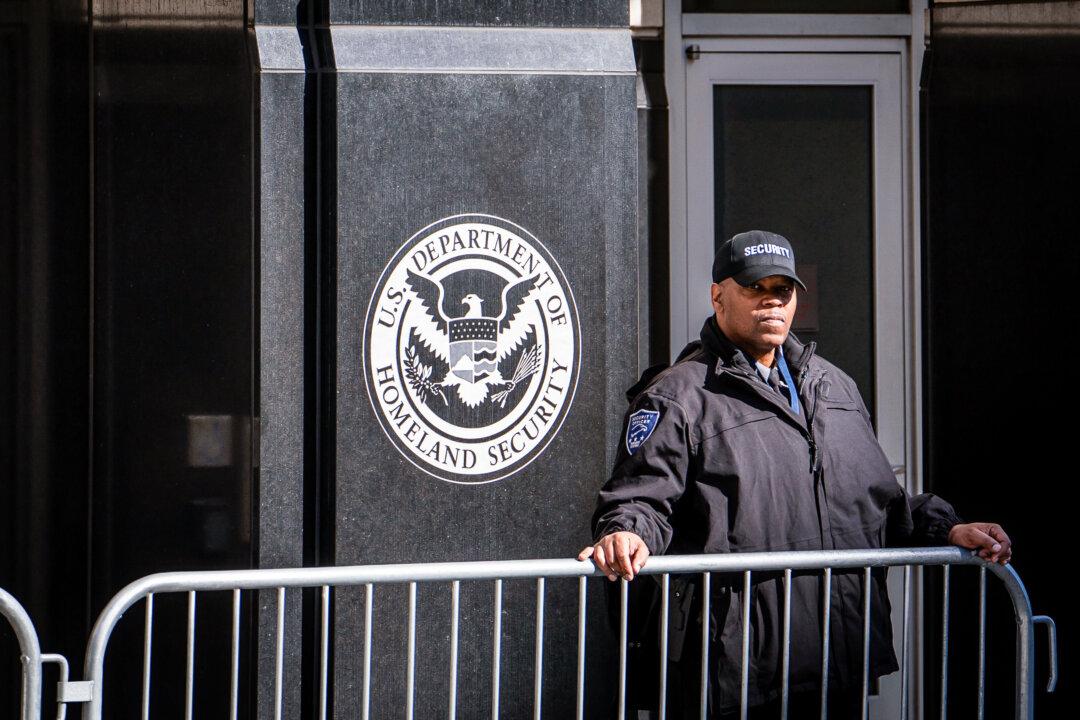The Department of Homeland Security (DHS) cannot at this time end a program that granted protection against deportation for hundreds of thousands of immigrants, a federal judge ruled on April 14.
Judge Blocks DHS From Limiting Parole for Some Immigrants
The government must undertake a case-by-case review in order to revoke parole, the judge said.

The U.S. Immigration and Customs Enforcement building in Washington on March 25, 2024. Madalina Vasiliu/The Epoch Times




